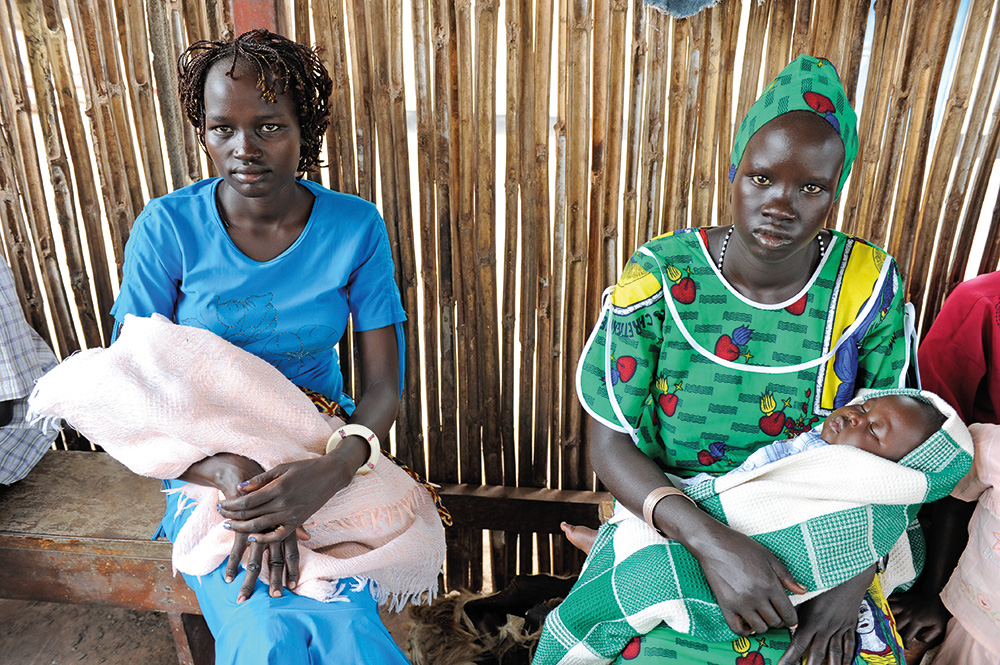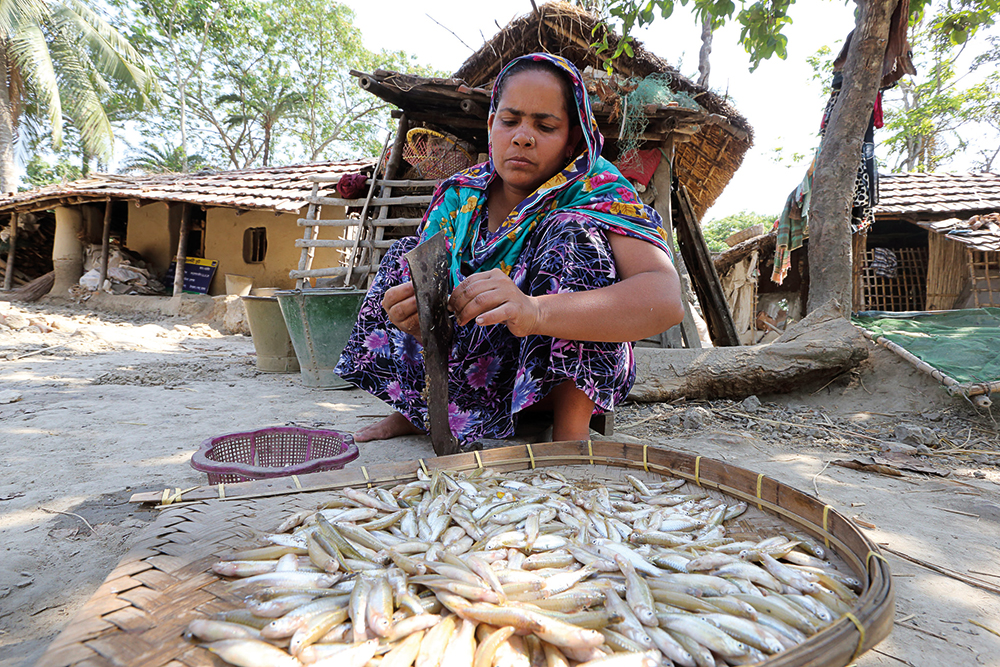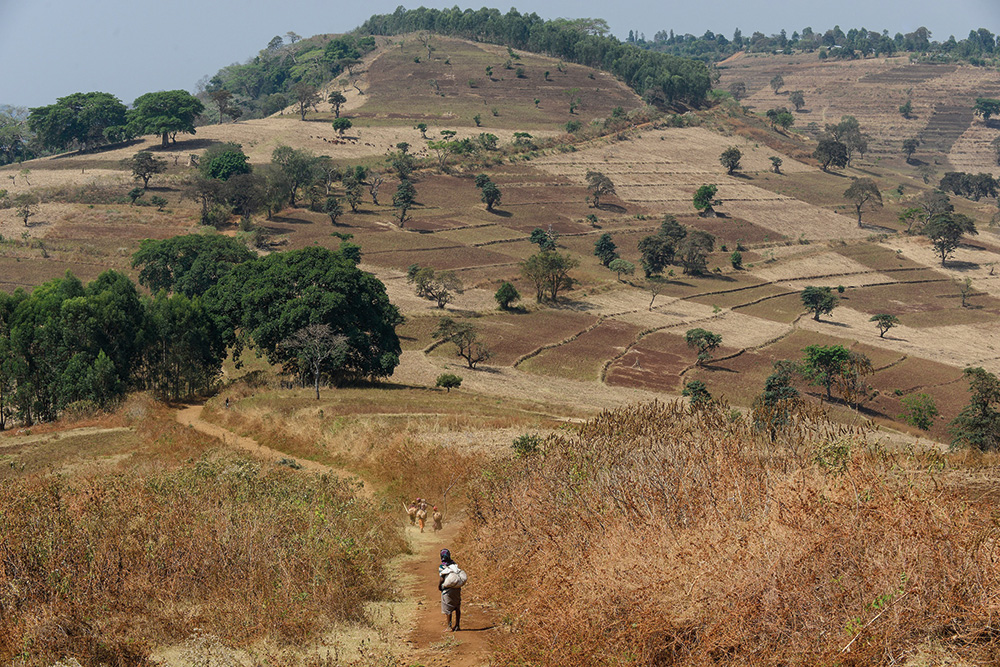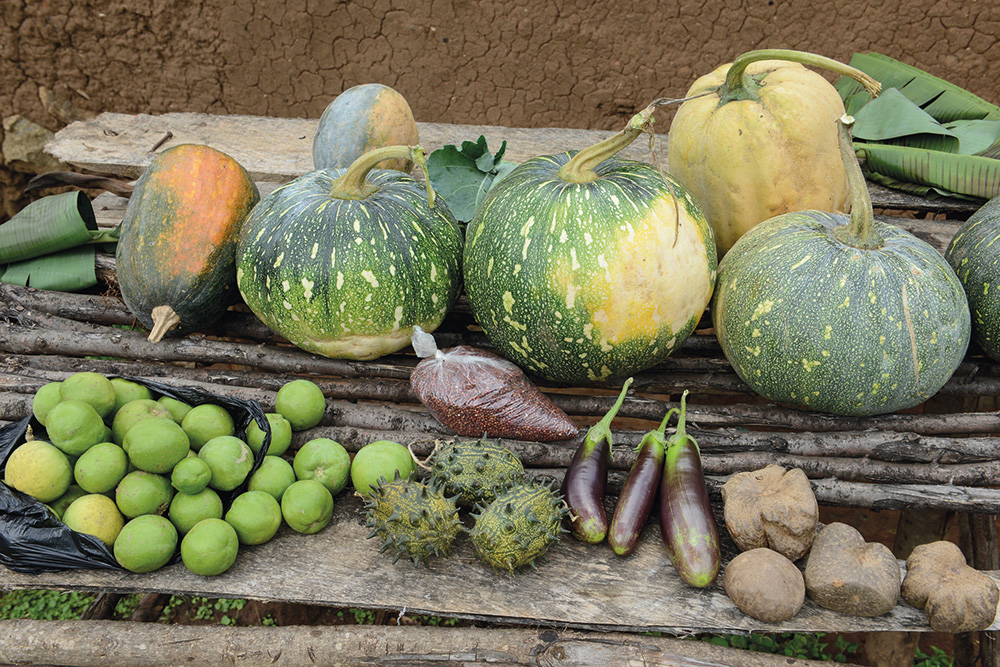DLG-Verlag was founded in 1952 as a subsidiary of DLG e.V. (Deutsche Landwirtschafts-Gesellschaft - German Agricultural Society) with its headquarter in Frankfurt/ Germany. The publishing company provides expertise for the agricultural and food sector.
With its subsidiaries Max-Eyth-Verlag and DLG-Agrofood Medien GmbH the DLG-Verlag offers books and magazines, as well as catalogs of the DLG's international DLG exhibitions.
Members:
Resources
Displaying 26 - 30 of 316Satellite data aid India’s fishermen for better livelihood
Sailing out to sea in the morning and returning without a catch in the evening is now a thing of the past for many Indian fishermen. A satellite-based information system shows where they can find rich fishing grounds.
Hot topics in aquaculture research
Experts agree that the rising demand for fish for human consumption cannot be met without a major expansion and sustainable intensification of aquaculture. Our WorldFish authors describe the areas in which research plays a particularly important role in this context.
Sustainable management of fisheries and aquaculture: a key to food security and poverty alleviation
Fishery plays a crucial role in poverty and hunger alleviation. It is therefore all the more important to secure the long-term conservation of fish stocks as a natural resource and to ensure fair access to them.
Group certification: the silver bullet for smallholders?
Often with just one or two ponds managed by a single person or family, smallholders make up an important share of the world’s seafood production. So why are by far the minority of certified aquaculture operations smallholders?
Captain Iglo mustn’t come to Africa!
During the last few years, the donor community has increased its efforts to reduce the large amounts of fish lost in the distribution chain in artisanal fishery, an endeavour that ought to be welcomed in principle. However, focusing on one single solution, the development of an expensive cool chain and the supply of fresh or frozen fish, represents a massive interference with the traditional processing and distribution channels, with women being the main losers. Our author calls for more foresight in international co-operation.






